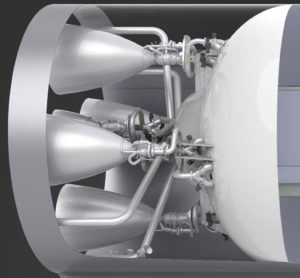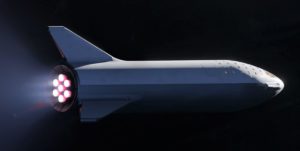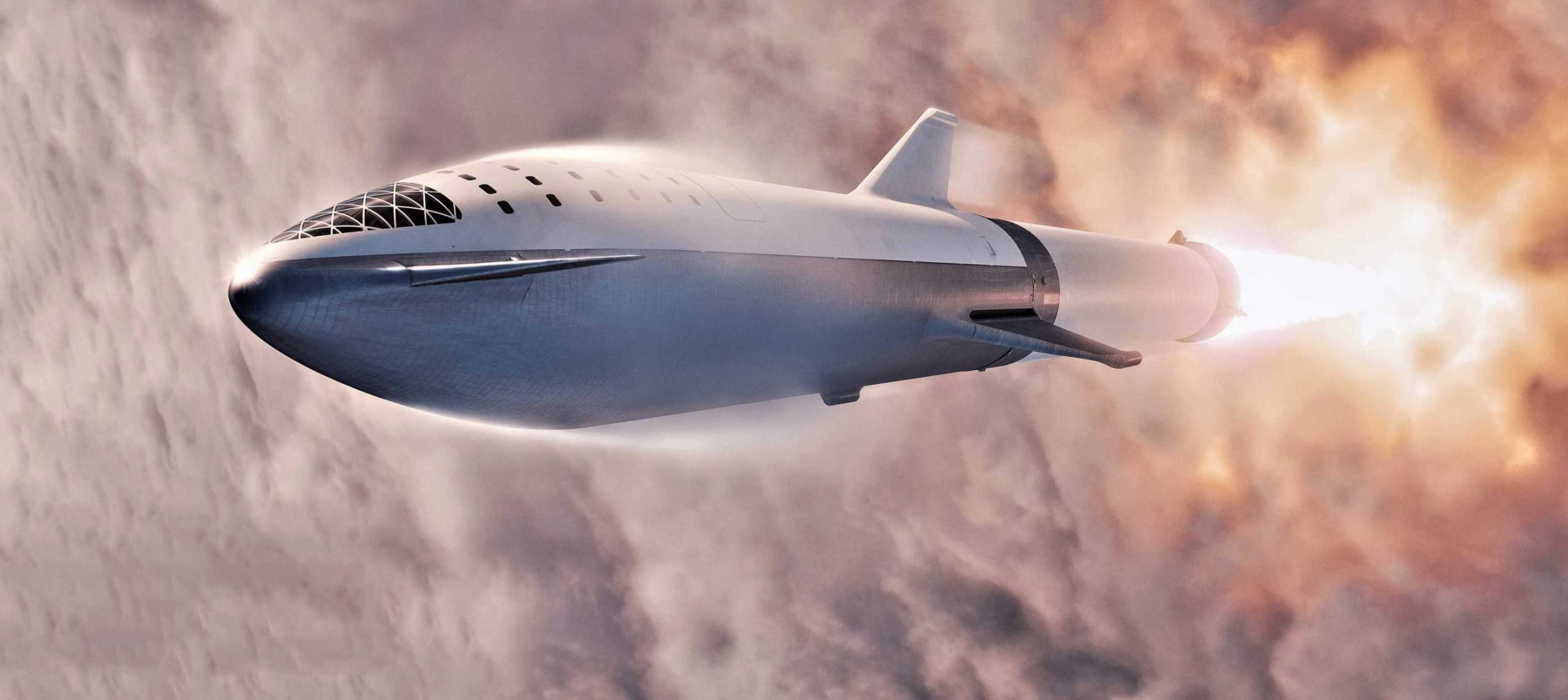
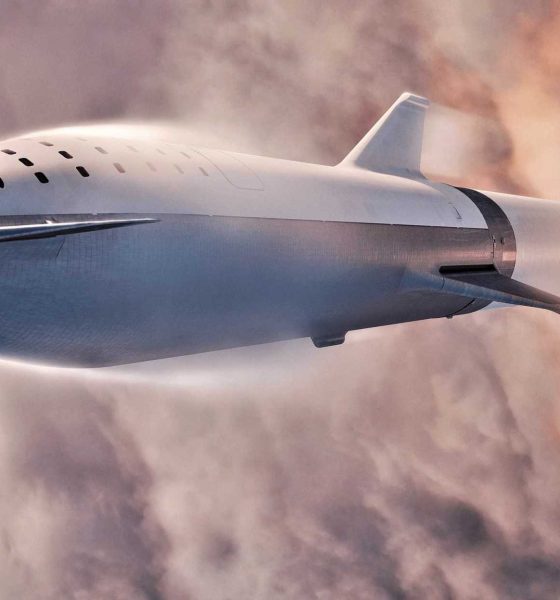
SpaceX
SpaceX CEO Elon Musk teases new Starship photos and “heavy metal” BFR
Drawn in by Teslarati photographer Pauline Acalin’s most recent photos of Port of LA Falcon 9 recovery operations SpaceX is in the midst of, CEO Elon Musk took to Twitter on December 8th to discuss titanium grid fins and – more importantly – answer a miscellaneous handful of questions about the status of BFR’s development.
Marked lately by rapid-fire, wide-reaching changes to BFR’s general structural composite, Musk at long last confirmed what some suspected – now known as Starship/Super Heavy, the BFR program has officially moved away from carbon fiber composites as the primary material of choice for the rocket’s structure and propellant tanks, instead pivoting to what Musk described as a “fairly heavy metal”.
But cool pics of the demo Starship that will fly suborbital hops coming in ~4 weeks
— Elon Musk (@elonmusk) December 9, 2018
Aside from his confirmation that SpaceX has moved to metallic tanks and structures on BFR’s spaceship upper stage and booster (Starship/Super Heavy), Musk further stated that SpaceX was planning to release new photos of a prototype Starship – currently under construction for full-scale hop-tests in South Texas – as few as four weeks from today.
- BFR 2017’s spaceship engine section. (SpaceX)
- A September 2018 render of Starship (then BFS) shows one of the vehicle’s two hinged wings/fins/legs. (SpaceX)
- A BFS attempts a Mars landing in this official updated render. (SpaceX)
- SpaceX’s first BFR spaceship prototype is coming together piece by piece. (SpaceX/Pauline Acalin)
It’s hard to say what those photos will show, but suffice it say that Musk would not tease the release of BFR-related photos on Twitter if they were not expected to be at least a touch spectacular. Per the CEO’s brief comments on hardware at his September 2018 introduction to Dear Moon, the most likely candidates for those photos would be a Starship (BFS) thrust structure in the middle of Raptor integration and additional progress being made on the ship prototype’s structures, perhaps including completed metallic tanks and some of its aerodynamic fins and wings.
Question: “Is Super Heavy in development at all, or just starship right now?”
Elon Musk: “Both, but demo Starship is being built now, whereas Super Heavy hardware will start getting built in spring”
While BFR’s official development schedule has essentially been thrown up in the air by these recent design changes, both Musk and COO/President Gwynne Shotwell stated earlier this year that they expected spaceship (now Starship) hop tests to begin no earlier than (NET) the end of 2019 – Q4 or December, in other words. SpaceX just recently began a major ramp in activity at its South Texas test and launch facilities, beginning construction on several partially prepared acres that were long ago predicted to support a wholly private Falcon 9/Falcon Heavy launch pad.
SpaceX ships another huge propellant tank to South Texas BFR test sitehttps://t.co/4L7f74gwg3 pic.twitter.com/KnHXOTCfAR
— TESLARATI (@Teslarati) October 24, 2018
These new plans to release official BFR photos simply adds to the ever-growing pile of major SpaceX events that could potentially occur in Q 2019, including Crew Dragon’s first uncrewed trip to orbit and the International Space Station (ISS), Falcon Heavy’s second launch ever, and the launch of several additional prototype Starlink satellites, among many other possibilities.
2019 is gonna be wild. Stay tuned for additional updates on SpaceX’s future plans and Musk’s spontaneous Twitter Q&As as the new year nears.
For prompt updates, on-the-ground perspectives, and unique glimpses of SpaceX’s rocket recovery fleet check out our brand new LaunchPad and LandingZone newsletters!

Elon Musk
Starlink V2 to bring satellite-to-phone service to Deutsche Telekom in Europe
Starlink stated that the system is designed to deliver 5G speeds directly to compatible smartphones in remote areas.
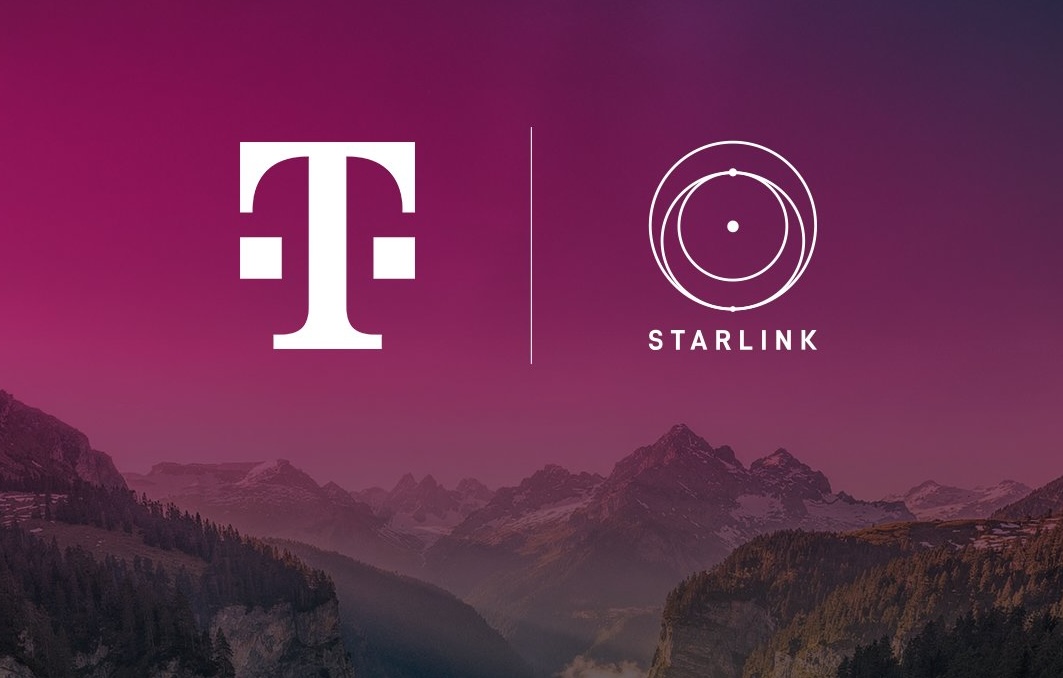
Starlink is partnering with Deutsche Telekom to roll out satellite-to-mobile connectivity across Europe, extending coverage to more than 140 million subscribers across 10 countries.
The service, planned for launch in 2028 in several Telekom markets, including Germany, will use Starlink’s next-generation V2 satellites and Mobile Satellite Service (MSS) spectrum to enable direct-to-device connectivity.
In a post on X, the official Starlink account stated that the agreement will be the first in Europe to deploy its V2 next-generation satellite-to-mobile technology using new MSS spectrum. The company added that the system is designed to deliver 5G speeds directly to compatible smartphones in remote areas.
Abdu Mudesir, Board Member for Product and Technology at Deutsche Telekom, shared his excitement for the partnership in a press release. “We provide our customers with the best mobile network. And we continue to invest heavily in expanding our infrastructure. At the same time, there are regions where expansion is especially complex due to topographical conditions or official constraints,” he said.
“We want to ensure reliable connectivity for our customers in those areas as well. That is why we are strategically complementing our network with satellite-to-mobile connectivity. For us, it is clear: connectivity creates security and trust. And we deliver. Everywhere.”
Under the partnership, compatible smartphones will automatically switch to Starlink’s satellite network when terrestrial coverage is unavailable, enabling access to data, voice, video, and messaging services.
Telekom reports 5G geographic coverage approaching 90% in Germany, with LTE exceeding 92% and voice coverage reaching up to 99%. Starlink’s satellite layer is intended to extend connectivity beyond those terrestrial limits, particularly in topographically challenging or infrastructure-constrained areas.
Stephanie Bednarek, VP of Starlink Sales, also shared her thoughts on the partnership. “We’re so pleased to bring reliable satellite-to-mobile connectivity to millions of people across 10 countries in partnership with Deutsche Telekom. This agreement will be the first-of-its-kind in Europe to launch Starlink’s V2 next-generation technology that will expand on data, voice and messaging by providing broadband directly to mobile phones,” she said.
Starlink’s V2 constellation is designed to expand bandwidth and capacity compared to its predecessor. If implemented as outlined, the 2028 launch would mark one of the first large-scale European deployments of integrated satellite-to-phone connectivity by a major telecom operator.
Elon Musk
SpaceX pursues 5G-level connectivity with Starlink Mobile V2 expansion
SpaceX noted that the upcoming Starlink V2 satellites will deliver up to 100 times the data density of the current first-generation system.

SpaceX has previewed a major upgrade to Starlink Mobile, outlining next-generation satellites that aim to deliver significantly higher capacity and full 5G-level connectivity directly to mobile phones.
The update comes as Starlink rebrands its Direct-to-Cell service to Starlink Mobile, positioning the platform as a scalable satellite-to-mobile solution that’s integrated with global telecom partners.
SpaceX noted that the upcoming Starlink V2 satellites will deliver up to 100 times the data density of the current first-generation system. The company also noted that the new V2 satellites are designed to provide significantly higher throughput capability compared to its current iteration.
“The next generation of Starlink Mobile satellites – V2 – will deliver full cellular coverage to places never thought possible via the highest performing satellite-to-mobile network ever built.
“Driven by custom SpaceX-designed silicon and phased array antennas, the satellites will support thousands of spatial beams and higher bandwidth capability, enabling around 20x the throughput capability as compared to a first-generation satellite,” SpaceX wrote in its official Starlink Mobile page.
Thanks to the higher bandwidth of Starlink Mobile, users should be able to stream, browse the internet, use high-speed apps, and enjoy voice services comparable to terrestrial cellular networks.
In most environments, Starlink says the upgraded system will enable full 5G cellular connectivity with a user experience similar to existing ground-based networks.
The satellites function as “cell towers in space,” using advanced phased-array antennas and laser interlinks to integrate with terrestrial infrastructure in a roaming-like architecture.
“Starlink Mobile works with existing LTE phones wherever you can see the sky. The satellites have an antenna that acts like a cellphone tower in space, the most advanced phased array antennas in the world that connect seamlessly over lasers to any point in the globe, allowing network integration similar to a standard roaming partner,” SpaceX wrote.
Starlink Mobile currently operates with approximately 650 satellites in low-Earth orbit and is active across more than 32 countries, representing over 1.7 billion people through partnerships with mobile network operators. Starlink Mobile’s current partnerships span North America, Europe, Asia, Africa, and Oceania, allowing reciprocal access across participating nations.
Elon Musk
SpaceX IPO could push Elon Musk’s net worth past $1 trillion: Polymarket
The estimates were shared by the official Polymarket Money account on social media platform X.

Recent projections have outlined how a potential $1.75 trillion SpaceX IPO could generate historic returns for early investors. The projections suggest the offering would not only become the largest IPO in history but could also result in unprecedented windfalls for some of the company’s key investors.
The estimates were shared by the official Polymarket Money account on social media platform X.
As noted in a Polymarket Money analysis, Elon Musk invested $100 million into SpaceX in 2002 and currently owns approximately 42% of the company. At a $1.75 trillion valuation following SpaceX’s potential $1.75 trillion IPO, that stake would be worth roughly $735 billion.
Such a figure would dramatically expand Musk’s net worth. When combined with his holdings in Tesla Inc. and other ventures, a public debut at that level could position him as the world’s first trillionaire, depending on market conditions at the time of listing.
The Bloomberg Billionaires Index currently lists Elon Musk with a net worth of $666 billion, though a notable portion of this is tied to his TSLA stock. Tesla currently holds a market cap of $1.51 trillion, and Elon Musk’s currently holds about 13% to 15% of the company’s outstanding common stock.
Founders Fund, co-founded by Peter Thiel, invested $20 million in SpaceX in 2008. Polymarket Money estimates the firm owns between 1.5% and 3% of the private space company. At a $1.75 trillion valuation, that range would translate to approximately $26.25 billion to $52.5 billion in value.
That return would represent one of the most significant venture capital outcomes in modern Silicon Valley history, with a growth of 131,150% to 262,400%.
Alphabet Inc., Google’s parent company, invested $900 million into SpaceX in 2015 and is estimated to hold between 6% and 7% of the private space firm. At the projected IPO valuation, that stake could be worth between $105 billion and $122.5 billion. That’s a growth of 11,566% to 14,455%.
Other major backers highlighted in the post include Fidelity Investments, Baillie Gifford, Valor Equity Partners, Bank of America, and Andreessen Horowitz, each potentially sitting on multibillion-dollar gains.
